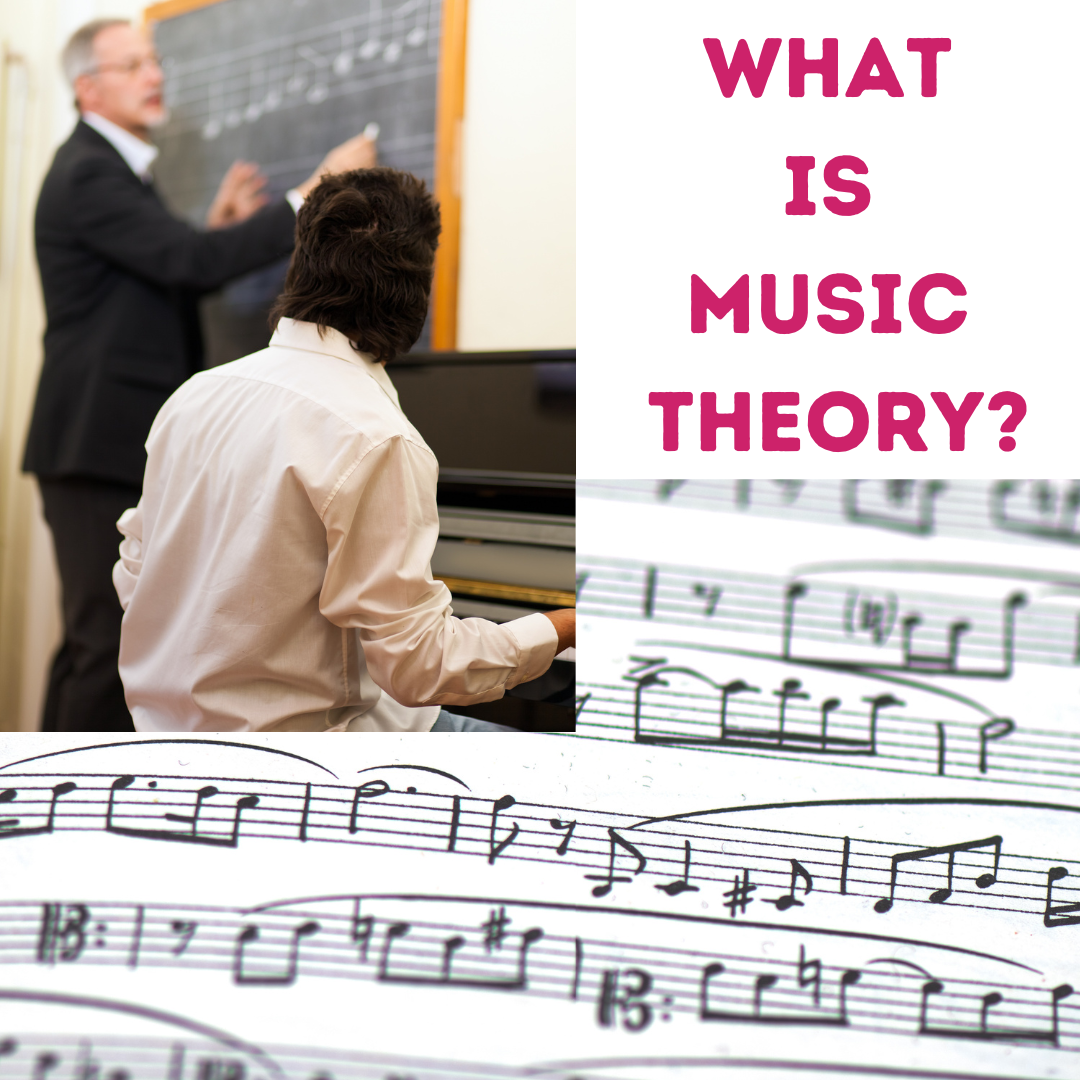What is Music Theory?
Music theory is the study of the fundamental elements that make up music. It’s the framework that explains how notes, rhythms, chords, and melodies come together to create a musical piece. Whether you're playing an instrument, composing a song, or simply enjoying music, understanding music theory helps you recognize the structure behind what you're hearing.
The Building Blocks of Music Theory
Music theory is composed of several essential elements:
Notes and Pitches
Notes are the basic units of music. They represent different pitches, which are the highness or lowness of a sound. The standard musical notes are A, B, C, D, E, F, and G, and these repeat at different octaves.
Scales
Scales are ordered sequences of notes that follow a specific pattern. The most common are major and minor scales, which form the foundation for melodies and harmonies. For example, the C major scale consists of the notes C, D, E, F, G, A, B, and C.
Chords and Harmony
A chord is a group of notes played simultaneously. Harmony refers to the combination of different chords and notes to support a melody. Understanding chord progressions helps musicians create musical flow and emotion in compositions.
Rhythm and Timing
Rhythm refers to the arrangement of notes in time, while timing determines when notes are played. Concepts like beats, time signatures, and note values (such as whole notes, half notes, and quarter notes) are essential for creating the rhythm of a piece.
Key Signatures and Tonality
The key of a piece of music tells you the scale and the set of notes that the composition is based on. It helps musicians understand the tonality, which can be major (happy and bright) or minor (sad or dark).
Intervals
Intervals are the distance between two notes. Understanding intervals is crucial for creating harmony and melodies, as it explains how different pitches relate to each other.
Dynamics and Expression
Dynamics refer to how loud or soft the music is played, while expression involves techniques like staccato (short and detached) or legato (smooth and connected). These aspects help bring emotion and feeling to a musical performance.
Why Music Theory is Important
Music theory plays a vital role in music lessons, acting as the foundation for understanding and creating music. Whether you’re a beginner or an experienced musician, learning music theory equips you with the tools to improve your playing, performance, and overall understanding of music. Here’s why music theory is essential in every music lesson:
1. Enhances Musical Understanding
Music theory provides students with a deeper understanding of how and why music works. Just like learning the grammar of a language helps you construct sentences, learning the "grammar" of music allows you to comprehend how notes, chords, and rhythms come together to form a piece. This understanding enables musicians to interpret compositions more effectively and express their unique interpretations.
2. Supports Composition and Improvisation
For students interested in composing their own music or improvising, music theory offers a roadmap. It teaches the rules of harmony, melody, and rhythm, giving musicians the confidence to experiment. In jazz, for example, musicians rely heavily on music theory to guide their improvisation, ensuring their playing fits seamlessly with the chord progressions and melodies of the piece. Music theory lessons make improvisation more structured and purposeful.
3. Improves Sight-Reading
Learning to read sheet music is a common part of music lessons, and music theory makes the process easier. Understanding key signatures, time signatures, note values, and dynamics allows students to recognize patterns in music, making sight-reading faster and more intuitive. This skill is crucial for musicians who want to quickly learn new pieces or perform in orchestras and ensembles where sight-reading is required.
4. Breaks Down Complex Pieces
Music theory helps students break down complicated pieces into simpler components, making them easier to learn and perform. By recognizing the underlying structure—such as scales, chords, and progressions—musicians can practice specific sections efficiently, ultimately mastering the entire piece. This is especially useful for piano, guitar, violin, and vocal/voice students, where complex compositions are often part of the curriculum.
5. Fosters Better Communication in Ensembles
For students participating in bands, orchestras, or choirs, music theory provides a universal language that allows them to communicate effectively with other musicians. By understanding concepts like key signatures, time signatures, and chord progressions, students can quickly collaborate, discuss musical ideas, and ensure they're all on the same page. This shared knowledge makes rehearsals smoother and performances more cohesive.
6. Builds a Strong Foundation for Advanced Learning
In music lessons, a strong foundation in music theory paves the way for advanced studies. Whether students aim to delve into more complex genres like classical or jazz or want to explore composing and arranging, music theory acts as a launching pad for these more intricate musical endeavors. It’s essential for students who want to push their musical boundaries.
7. Encourages Creative Freedom
Understanding music theory doesn’t just impose rules—it also frees students to be more creative within those boundaries. With knowledge of scales, chords, and harmony, musicians can experiment with new combinations and styles, knowing why certain choices work and others don’t. Music theory lessons help unlock creativity while providing the tools to maintain structure and coherence in original compositions.
In every music lesson, music theory is the key to unlocking a musician’s full potential. Whether a student is learning piano, guitar, violin, or voice, music theory forms the backbone of musical knowledge, enabling students to read, write, perform, and communicate more effectively. It not only enhances technical ability but also deepens the emotional and creative connection with music, making every lesson a richer, more fulfilling experience.
Music Theory in Everyday Music
Even if you don’t actively think about it, music theory is woven into every song you hear. From the latest pop hits on the radio to timeless classical symphonies, every piece of music follows certain rules and patterns rooted in theory. By learning music theory at NUVO, you’ll gain a deeper understanding of how these songs are crafted, allowing you to appreciate the subtle nuances and complexities that make them so enjoyable. Whether you're playing piano, guitar, violin, or singing, music theory enhances your ability to interpret, perform, and create music.

